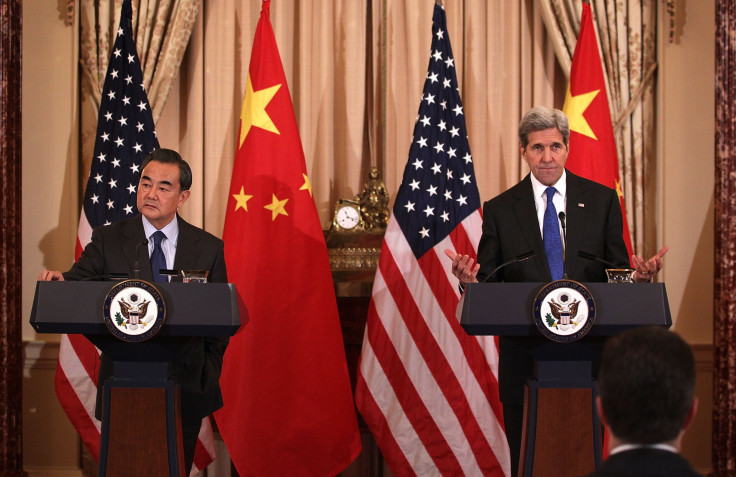Filipinos Will Appreciate China Some Day, President’s Office Says Touting Duterte Foreign Policy

Beijing, with its Chinese Communist Party government and being the largest and most powerful player in the South China Sea region, are generally viewed with mistrust by the people of the Philippines if a recent survey is accurate. But Philippine President Rodrigo Duterte thinks that this sentiment could reverse itself in the future.
On Thursday Presidential Spokesperson Salvador Panelo said in a statement that the government is not surprised by the drop in China’s trust rating.
He said, "[Translated] The Office of the President will neither court nor force any citizen to change his or her sentiments toward our giant neighbor in the North.”
The survey was conducted by Social Weather Stations and gave China a score of -33, considered by the SWS as bad. The score is calculated by subtracting the absolute value of the “not much trust” tally (-54 with an absolute value of 54) from the “much trust” score (+21) to yield the -33 rating. A score of zero is considered neutral.
China is the least trusted of the list of surveyed countries that included the United States, Australia, Japan, Singapore, and Vietnam.
Panelo’s statement added, "[Translated] It is in our belief, however, that China, like any other country, will be eventually appreciated by the Filipinos by reason of the President's independent foreign policy which has resulted in significant benefits favorable to the Philippines” and that China, "Could even become a role model of the Philippines in reducing, if not totally eradicating, poverty.”
The U.S. is the only other superpower that can compete militarily and economically with Beijing and the current trade war between them has certainly ruffled some feathers. If China gets too aggressive against the 10 ASEAN (Association of Southeast Asian Nations) they can always request the U.S. to balance the scales of power.
Duterte has one thing working in favor of the Philippines that none of the other ASEAN countries have. That is a 2016 UN arbitral ruling that recognized the Philippine sovereignty to its own exclusive economic zone over China’s claims using the Nine-Dash-Line that engulfs the bulk of the South China Sea.
Beijing and its President Xi Jinping have ignored the UN ruling but have asked Duterte in recent weeks to team up with China on joint exploration of the wealth that lies under the disputed seas. The only condition is that the Philippines also ignore the 2016 ruling that took three years to obtain.
The Philippine president, who claims to be ¼ Chinese, realizes that if the joint exploration is successful then it will bring tremendous wealth to the often-impoverished country. If not, the Philippines risk being a pawn in Chinese attempts to control the South China Sea and damaging ties with its biggest ally, the U.S.
© Copyright IBTimes 2025. All rights reserved.





















